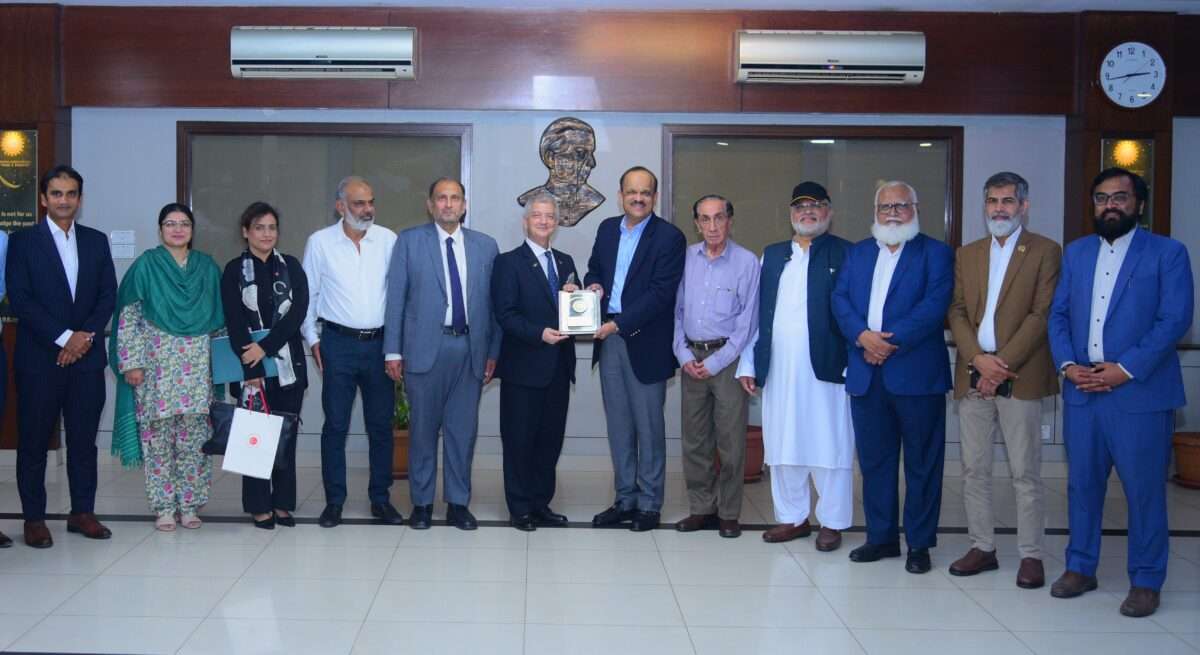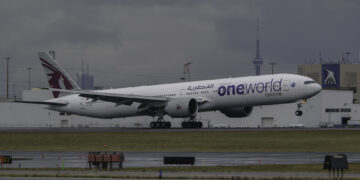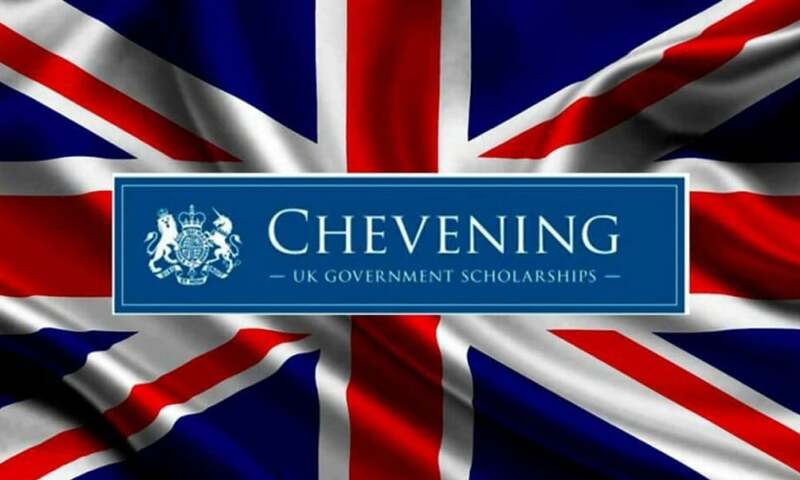KARACHI: The Consul General of Turkey, Cemal Sangu, has announced that Pakistani industrialists will
have the opportunity to invest in Turkey’s free zones, facilitating their exports to the European market
with tax exemptions. This initiative is aimed at enhancing bilateral trade between the two countries.
During his visit to the Korangi Association of Trade and Industry (KATI), Sangu stated that immediate
visas will be issued to industrialists and KATI members based on the association’s recommendations.
KATI is set to establish trade missions in several key sectors, providing investment opportunities and
facilities under the Turkish government’s patronage to increase trade volume.
KATI President Johar Ali Qandhari, Senior Vice President Nighat Awan, Vice President Muslim
Mohammadi, Standing Committee Chairman Rashid Siddiqui, Former President and Chairman Gulzar
Feroze, Ehtshamuddin, Syed Farrukh Mazhar, Saleem-uz-Zaman, Secretary Commercial Trade Kausar
Ahmed and Others prominent members attended the meeting.
Cemal Sangu highlighted that the current trade volume of $1.3 billion between Turkey and Pakistan is
significantly low. He noted that Turkey has invested $3.5 billion in Pakistan, with Turkish companies
investing $800 million since 2016 without repatriating any profits. He emphasized the need for greater
awareness of high-quality products from both countries.
Currently, 40 Turkish companies operate in Pakistan. Turkey’s agreement with the European Union on
machinery and advanced technology ensures that Turkish-manufactured machinery is available at
competitive prices. There is significant demand in Turkey for Pakistani halal meat, fruits, vegetables,
livestock, seafood, leather, wheat, and basmati rice. However, a lack of awareness has prevented both
countries from fully capitalizing on these opportunities.
Sangu also mentioned the establishment of research and development institutes by Turkish companies
in Pakistan. He noted a significant increase in Turkey’s tourism sector, which benefits Pakistani travelers,
and ongoing efforts to ease visa facilitation for Pakistanis.
Turkish universities will offer scholarships to 189 Pakistani students this year, with applications open
from December to February. Additionally, 12 Turkish universities plan to visit Pakistan to offer
admissions, with some expressing interest in setting up campuses in Pakistan.
KATI President Johar Qandhari praised the long-standing bilateral relations between Pakistan and
Turkey, established since 1954. He noted that the preferential trade agreement (PTA) signed in August
2022 has not yet met expectations. Under the China-Pakistan Economic Corridor (CPEC), there are
numerous opportunities for joint ventures and investments in various sectors, including Islamic finance,
halal food, tourism, low-cost housing, infrastructure development, telecommunications, and education.
Qandhari emphasized the need for university-level partnerships to strengthen ties in education and
promote research and development. He also called for an easier and more convenient visa policy from
Turkey, suggesting immediate visas on KATI’s proposal.
Rashid Ahmed Siddiqui, Chairman of KATI’s Standing Committee on Diplomatic Affairs, highlighted the
Turkish business community’s lack of awareness about Pakistan’s top products. He suggested that
Pakistan’s tourism sector offers numerous opportunities that need effective promotion to attract
Turkish tourists, achievable through joint ventures.
Vice President of KATI, Muslim Mohammadi, announced that a Pakistani trade delegation will visit
Turkey in September for B2B meetings. He stressed the need for joint projects between the two
countries. Other notable speakers included Gulzar Feroze, Syed Farrukh Mazhar, and Saleem-uz-Zaman.














